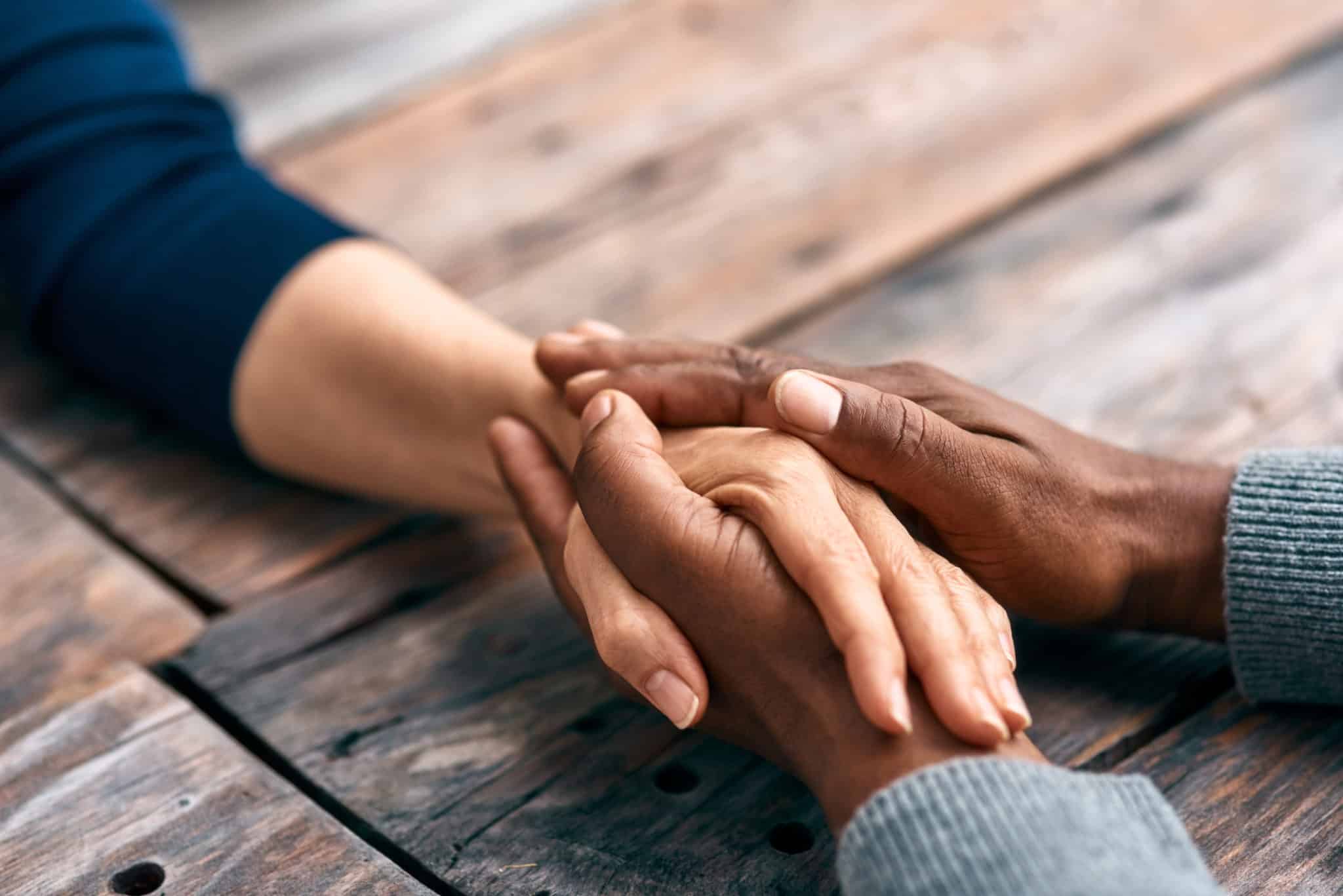Insights from Bridges Hospice: Coping with Grief

One of life’s greatest challenges is coping with the loss of a loved one. Just like every person is unique, so the grieving process is different for every individual. Here is some insight to support those grieving from the team at our hospice neighborhood in South Jersey.
What is Grief?
It’s important to know that grief is a natural process and response to loss, whether it’s the loss of a loved one through death, the loss of a relationship, the loss of health or any other experience when something or someone we love is no longer with us. The more significant the loss, the more intense the grief can be. There is absolutely no shame in how you feel — it’s normal and appropriate, and there are healthy ways to deal with this pain and come to terms with your loss.
Inside the Grieving Process and Why Grieving is Important
Everyone’s grieving process is different and there is no right or wrong way to grieve, as a lot depends on your personality, coping style, relationship to the person for whom you are grieving, and even your life experience. For this reason, there is no schedule for grief or healing. Above all, patience is essential.
Grieving may seem like an unhelpful process, but it’s important for a few reasons. First, it helps us acknowledge the reality of death and therefore, the importance and value of the life that has been lost. It also assists us to process emotions associated with that person, facilitating us forward rather than being stuck in the past or in a negative emotional state. It also enables us to redefine who we are without that person and relationship, prompting healing and building new relationships with others.
Without a healthy grieving process, we can easily get stuck in numbness, have trouble maintaining relationships or building new ones, project damaging emotions onto other relationships or even lose a part of ourselves.
Where to Find Support as You Grieve
- Take care of yourself – Make sure you are eating well, getting enough rest and exercise – promoting wellbeing and fighting depression.
- Acknowledge your loss – Give yourself time and space to feel sad or remember your loved one rather than keeping constantly busy. Write down memories of them or notes about how you’re feeling or what you want to say to them.
- Share your loss – A good network of support is incredibly helpful, whether it’s talking to a good friend, a support group, a spiritual advisor or a therapist.
- Give yourself time – Try not to make any major life changes (new job, new home, moving states, etc.) in at least the first year after a significant loss. If you have to make these changes, make sure you have a strong support network with you.
Support and Care for Patients and Loved Ones at Our Hospice Neighborhood in South Jersey
The Shores, part of the well-known United Methodist Communities non-profit organization in New Jersey, offers compassionate, professional hospice care in the Jersey Shore area called Bridges. This program focuses on creating a nurturing and comforting environment for residents and their loved ones through customized care programs and compassionate support. To find out more about our hospice in Cape May County, please visit our website at https://umcommunities.org/theshores/hospice-care-nj/ or contact us today and organize your visit.




